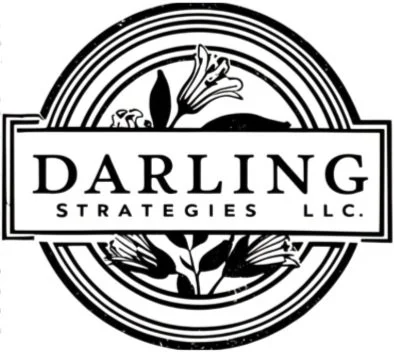Thinking of quitting your job to go solo?
The best prep I did for consulting wasn’t a business plan, savings, or networking.
It was Rover, Etsy, and a DIY website.
Nine months in, I’ve realized the things that actually prepared me weren’t the ones people usually talk about. Here’s what did:
1. TRY A SIDE HUSTLE (truly anything)
While I had my FT job, I joined Rover so my dog could have a playmate. It changed the way I thought about time and money. A salary flattens everything — 40 hours or 60 hours, same paycheck. With Rover, every “yes” had both a price and a cost. Was it worth my Saturday? My energy? My focus?
Even if Rover never came close to replacing my full salary, proving I could earn outside a paycheck gave me options. It shifted my mindset from scarcity to choice — and that choice is what allows me to say no, walk away, and work with the right clients.
2. BUILD IN A MARKETPLACE
I opened an Etsy shop for digital products. It wasn’t a big moneymaker, but every single sale taught me more about what actually drives purchases without a big brand (or budget) behind you.
It also gave me practical experience in testing small, low-risk ideas. Too many founders get stuck in planning and branding without ever seeing if there’s demand. Etsy forced me to launch first, learn fast, and iterate.
3. GET UNDER THE HOOD
In big-brand CPG, I never touched the backend of Meta, Google Analytics, or eCommerce integrations — we had agencies for that. I was trained to drive the strategy using the data the tools provided, not manage the tools themselves.
So I built my own website (a humbling experience) and tested survey platforms. It became a proof point of resourcefulness that clients still ask about — and it taught me that momentum creates clarity, even when the work is imperfect, outside your skillset, or something you’ll refine later. That work ultimately led to my first lead magnet: a subscription maturity quiz that catalyzed deeper client conversations.
The takeaway? Going solo isn’t about the perfect plan. It’s about building your entrepreneurial muscle early: creating value, selling your expertise, and getting scrappy while the stakes are still low.
And here’s the edge: doing it yourself gives you insights, empathy for customers and partners, and practical knowledge that most strategy consultants never build.
👉 If you’ve made the leap, what’s the one thing you wish you’d done before quitting? What stood out most for you?
